Nội Dung Chính
- 1 SPEAKING Work in pairs. Think of three important problems that the world faces today. How do you think we can solve them?
- 2 Read the text. What solution did the British government suggest for a problem in the 18th century? Was it successful?
- 3 Read the text again. Answer the questions.
- 4 SPEAKING Work in pairs. The Longitude Prize is a prize for anyone that can solve one of the problems in the list. Which one would you choose to be the challenge for the new Longitude Prize? Why?
- 5 Listen to a podcast. Which problem from exercise 4 was chosen as the challenge for the Longitude Prize?
- 6 Listen again. Choose the correct answers (a–c).
- 7 SPEAKING Work in pairs. What important problem in the world would you add to the list in exercise 4?
(Page 34)
1 SPEAKING Work in pairs. Think of three important problems that the world faces today. How do you think we can solve them?2 Read the text. What solution did the British government suggest for a problem in the 18th century? Was it successful?3 Read the text again. Answer the questions.1 What was the situation that the British government decided to deal with? 2 What surprised people about the winner of the Longitude Prize? 3 Why didn't sailors use mechanical clocks to calculate their positions? 4 Why do you think the successful sea clock was called H4? 5 How was the challenge for the new Longitude Prize decided on? 4 SPEAKING Work in pairs. The Longitude Prize is a prize for anyone that can solve one of the problems in the list. Which one would you choose to be the challenge for the new Longitude Prize? Why?THE LONGITUDE PRIZE CHALLENGES Flight - How can we fly without damaging the environment? Food - How can we make sure everyone has nutritious, sustainable food? Antibiotics - How can we prevent the rise of resistance to antibiotics? Paralysis - How can we restore movement to disabled people? Water - How can we provide access to safe and clean water for everyone? Dementia - How can we help people who are losing their memories and other mental abilities? 5 Listen to a podcast. Which problem from exercise 4 was chosen as the challenge for the Longitude Prize?6 Listen again. Choose the correct answers (a–c).1 On the podcast, they begin by talking about what happened a on a TV programme. b on a podcast. c in a government debate. 2 The prize is being offered to a any scientist. b government scientists. c famous scientists. 3 Dr Kenny uses the example of the warplane to demonstrate that the prize money a is a lot. b is reasonable. c isn't so much. |
On a stormy night in 1707, four ships struck rocks off the south coast of England and sank. One thousand, four hundred sailors were drowned. The ships had crashed because they had no way of knowing how far they had travelled in a particular direction; they could not calculate their longitude, which required accurate time measurement. It was the most serious in a series of accidents at sea, and a stunned British government decided to act. In such difficult circumstances, they believed that the best response to the disaster was a competition: the Longitude Prize. The Longitude Prize was no ordinary competition. To win it, someone had to find a way of calculating how far a ship had travelled east or west from its point of departure. Geniuses such as Sir Isaac Newton had failed to find a solution, so to ensure the interest of Britain's greatest scientific minds, the government offered a prize of £20,000 - the equivalent of £2.6 million in today's money. But to everyone's surprise, it wasn't a famous academic who solved the problem, but an unknown carpenter. When John Harrison wasn't working with wood, he was making clocks. An accurate clock would allow sailors to calculate their position, but at the time it was thought impossible to create a mechanical clock that could work on a ship. The movement of the sea and the changes in temperature destroyed the delicate parts. However, after three frustrated attempts, Harrison's fourth sca clock, H4, finally triumphed. Its mechanics were so good that the H4 worked better than most clocks on land. The Longitude Prize and Harrison's success generated a lot of interest in the 18th century, but it was soon forgotten. However, in 2013, the British government created a new Longitude Prize, offering £10 million to the person who could solve a great challenge to humanity. An enthralled public then took part in a TV programme where viewers chose one challenge from a list of six for scientists to focus on. The question now is, will someone be able to solve it just as well as Harrison solved the challenge presented to him? 7 SPEAKING Work in pairs. What important problem in the world would you add to the list in exercise 4?4 World health organisations are worried that antibiotics a endanger people's lives. b are less successful. c have become unnecessary. 5 If nobody wins the challenge, in the future, doctors may not be able to a carry out some types of surgery. b treat patients for certain illnesses. c work in hospitals. |
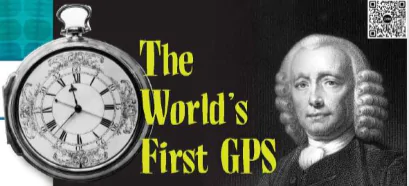
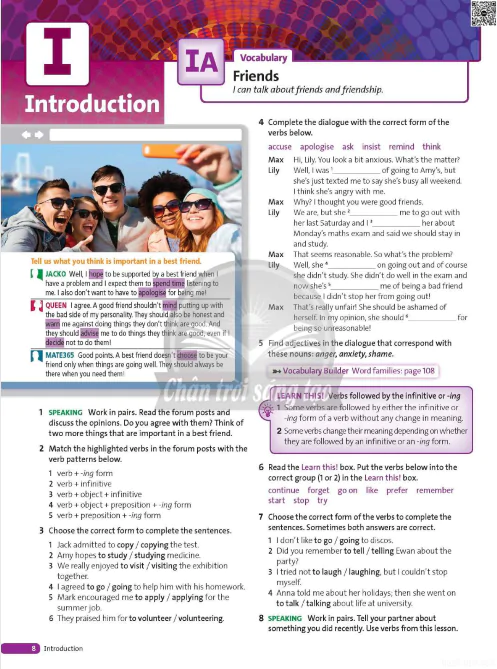
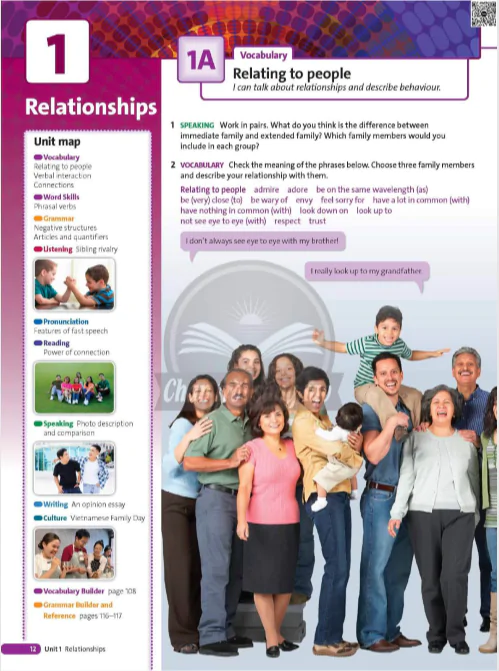
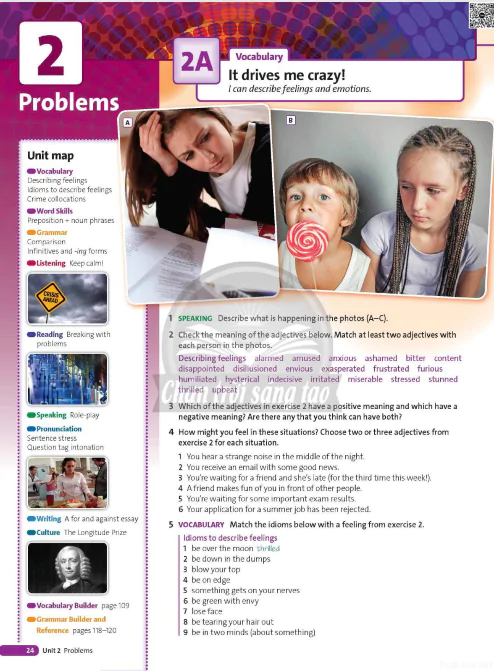
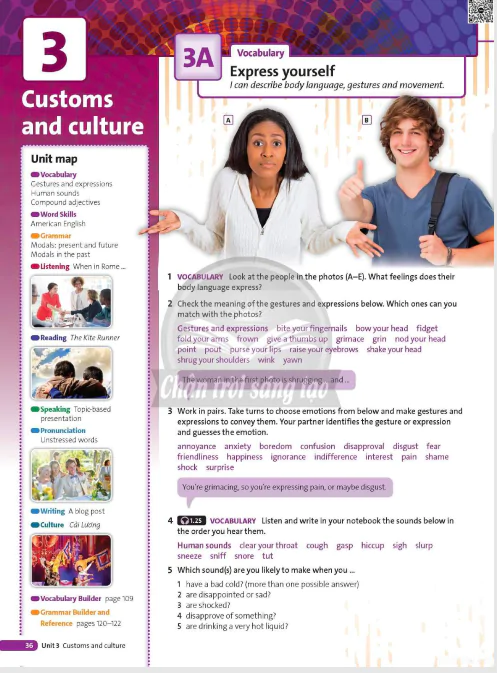
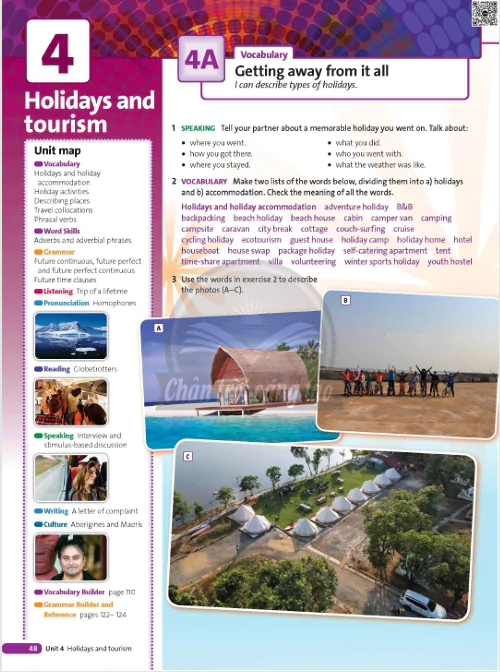
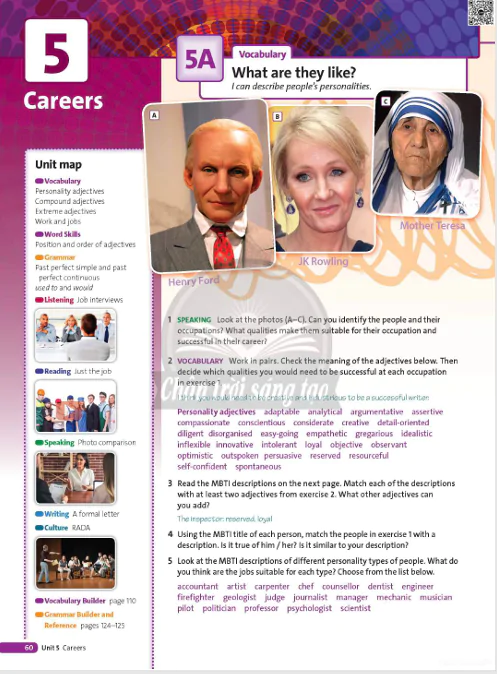

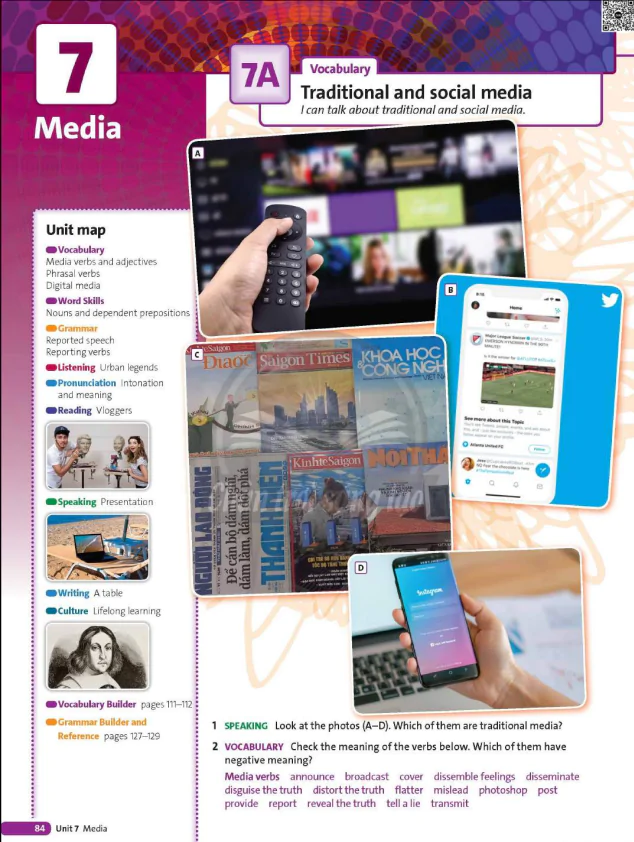
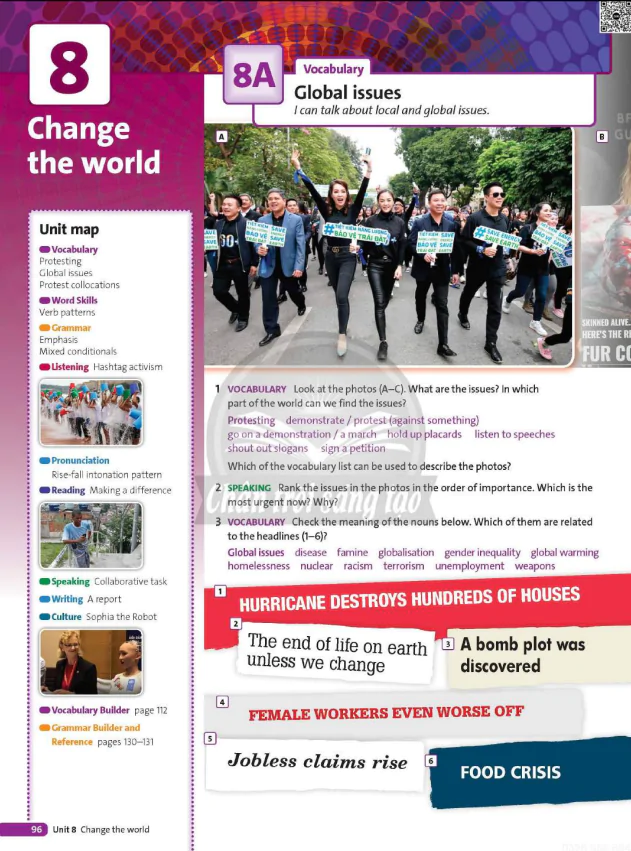
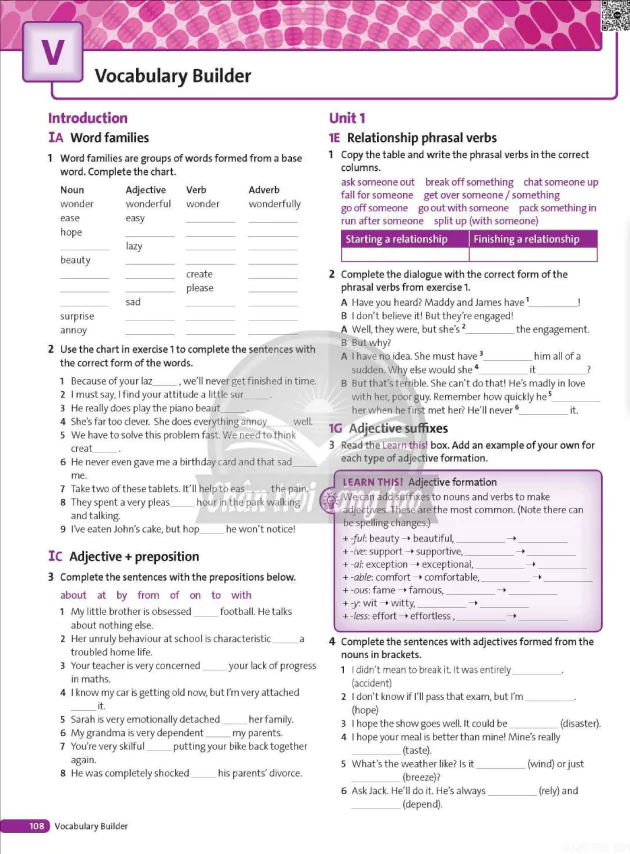
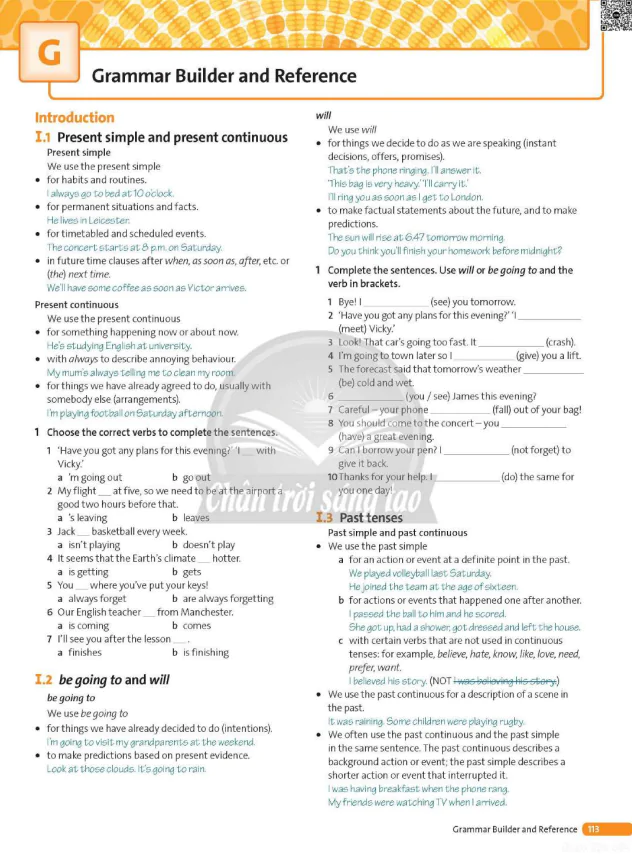


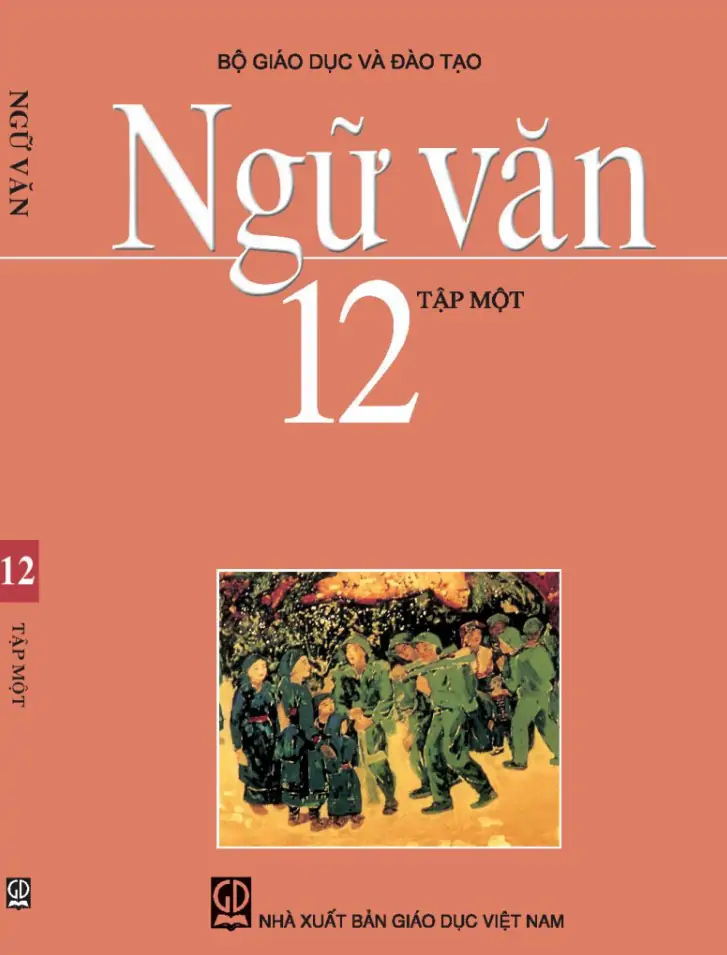
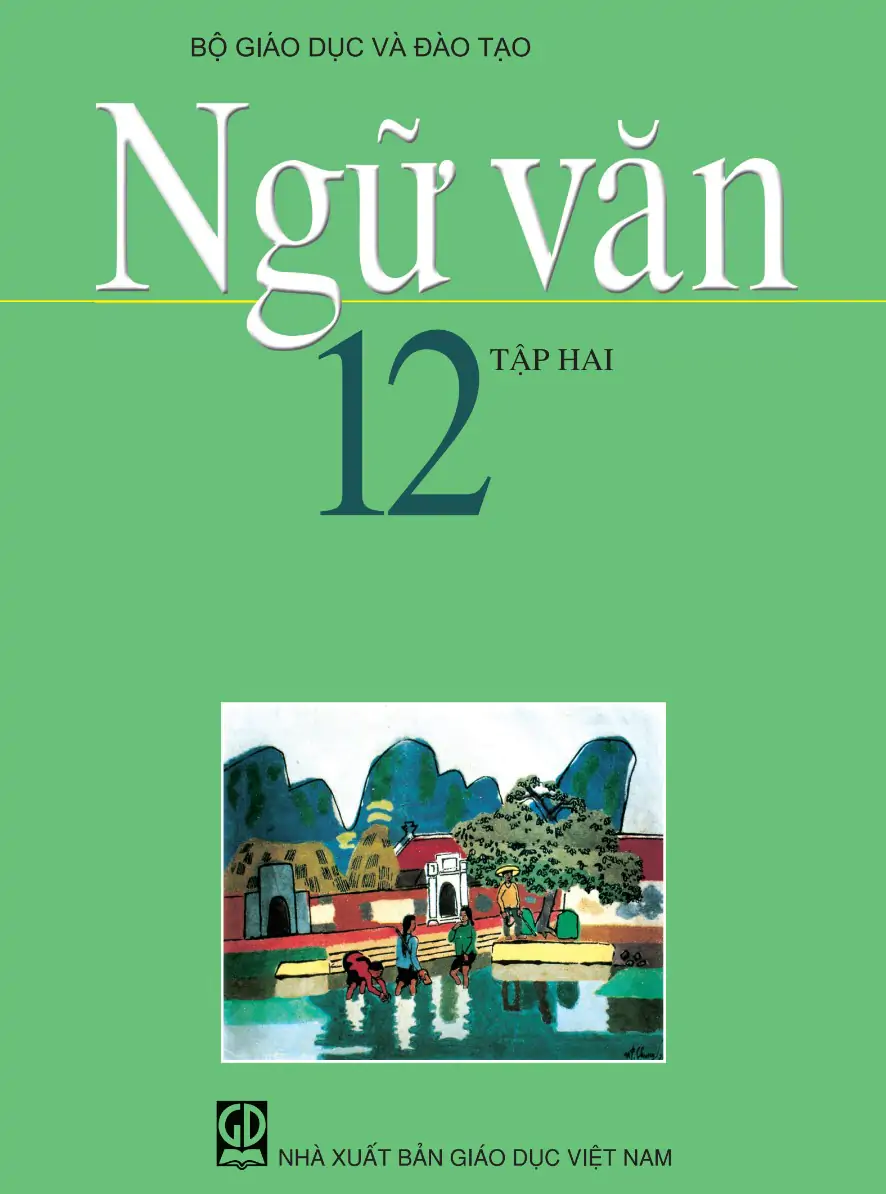


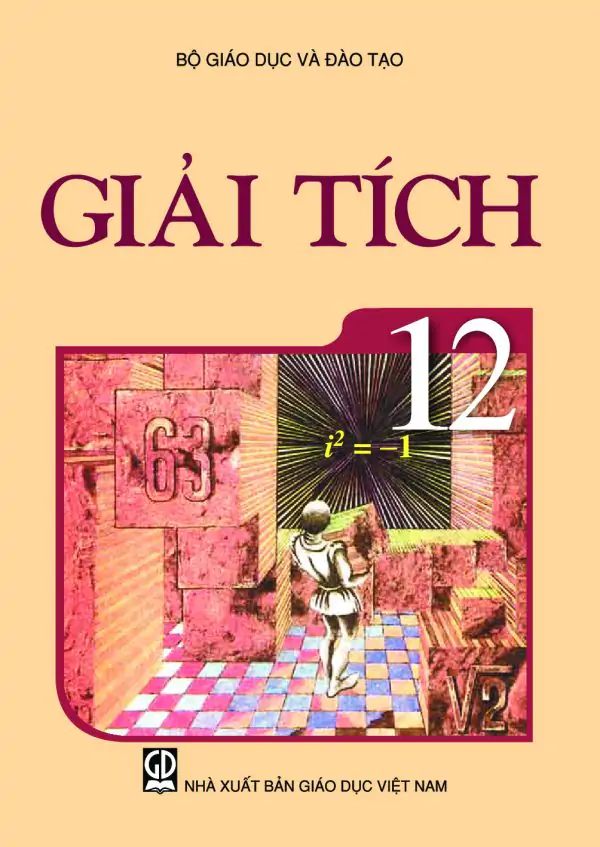

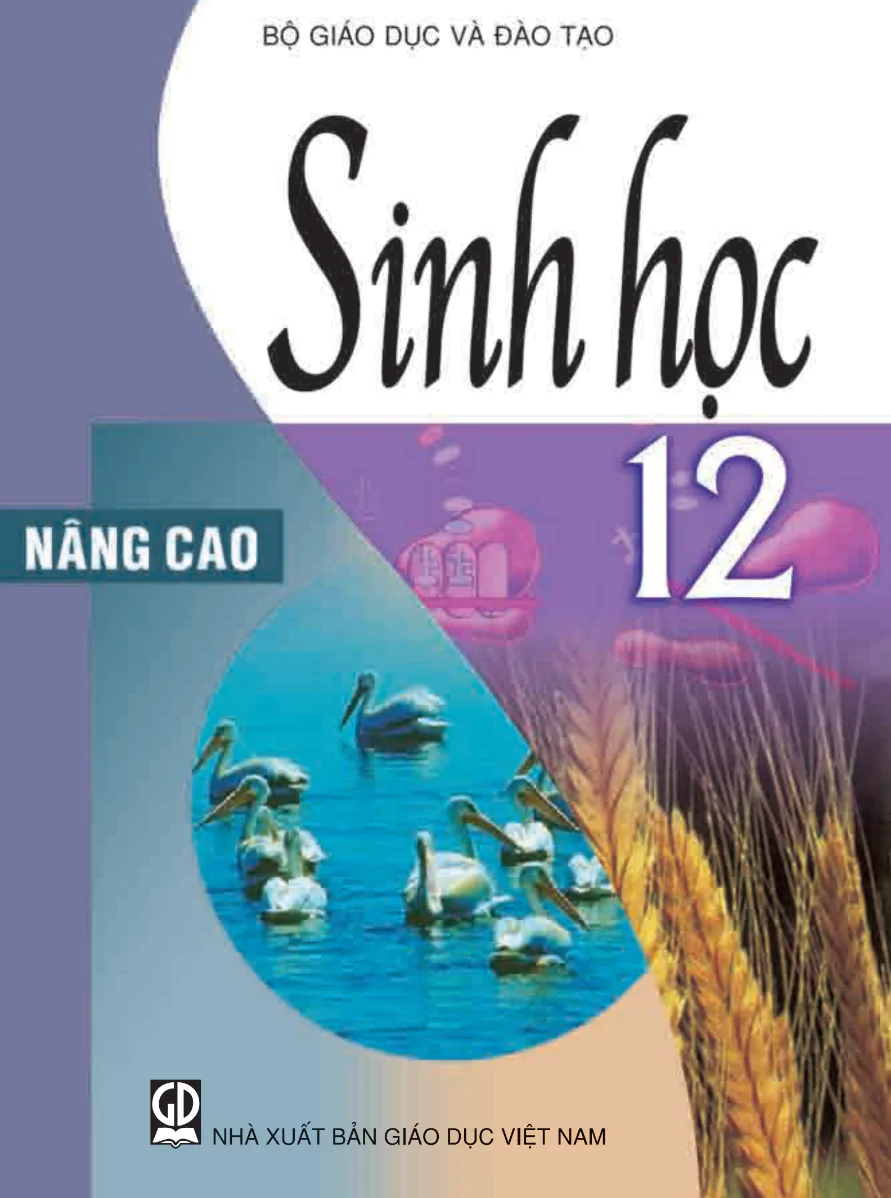
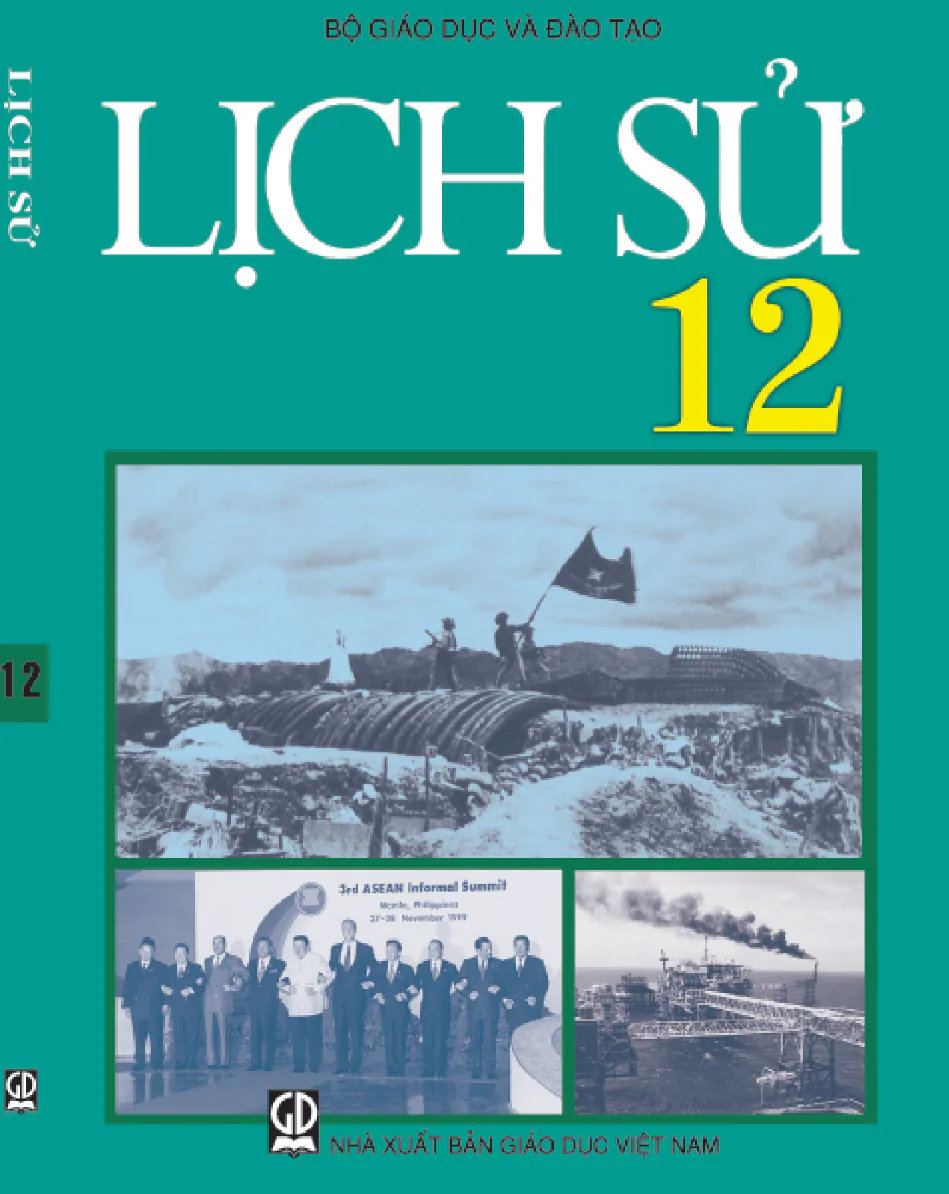
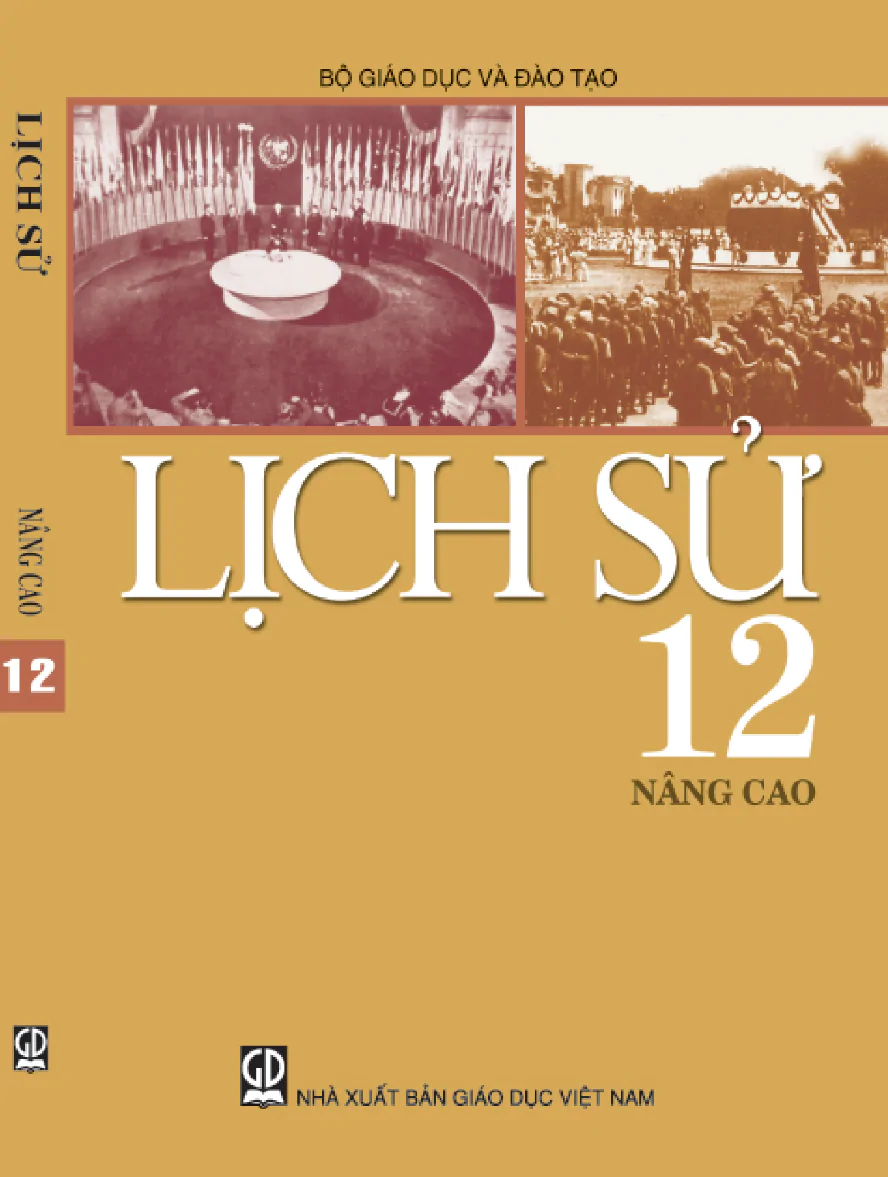
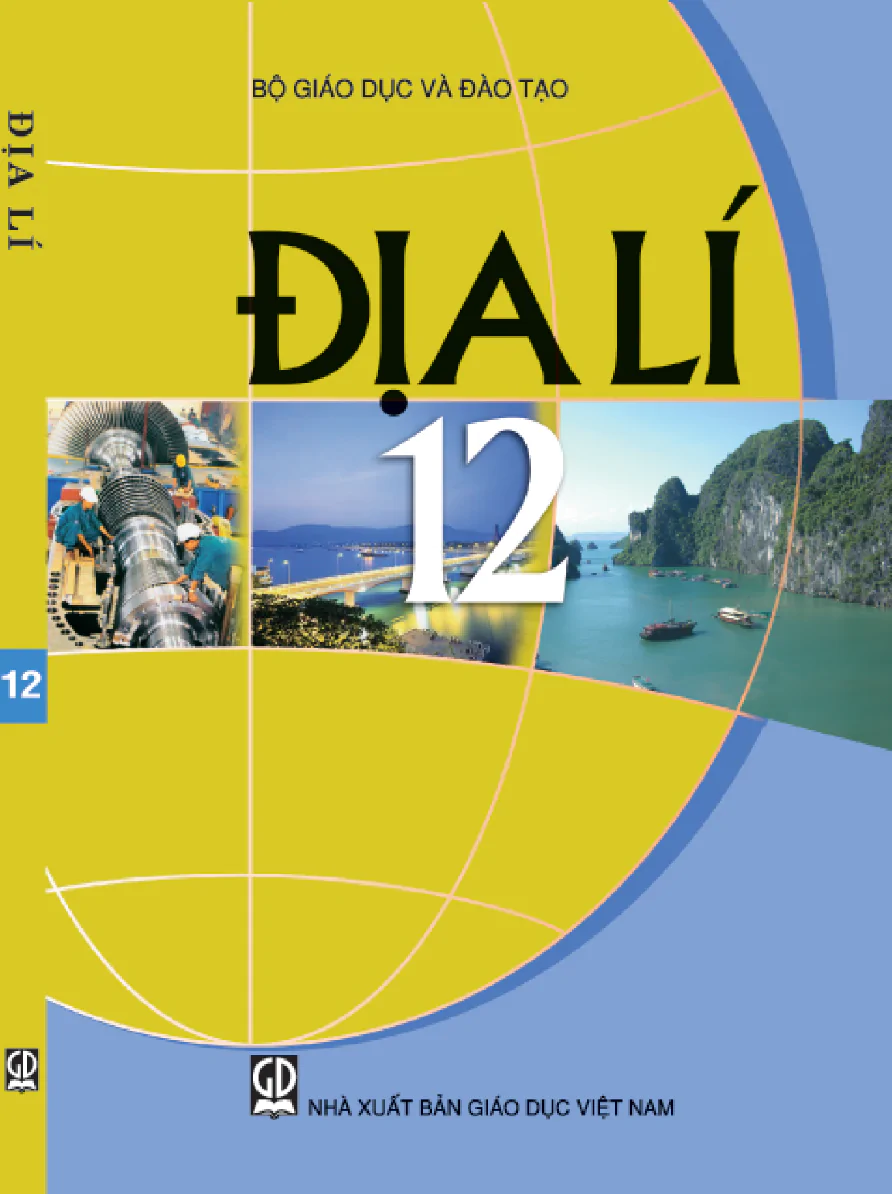
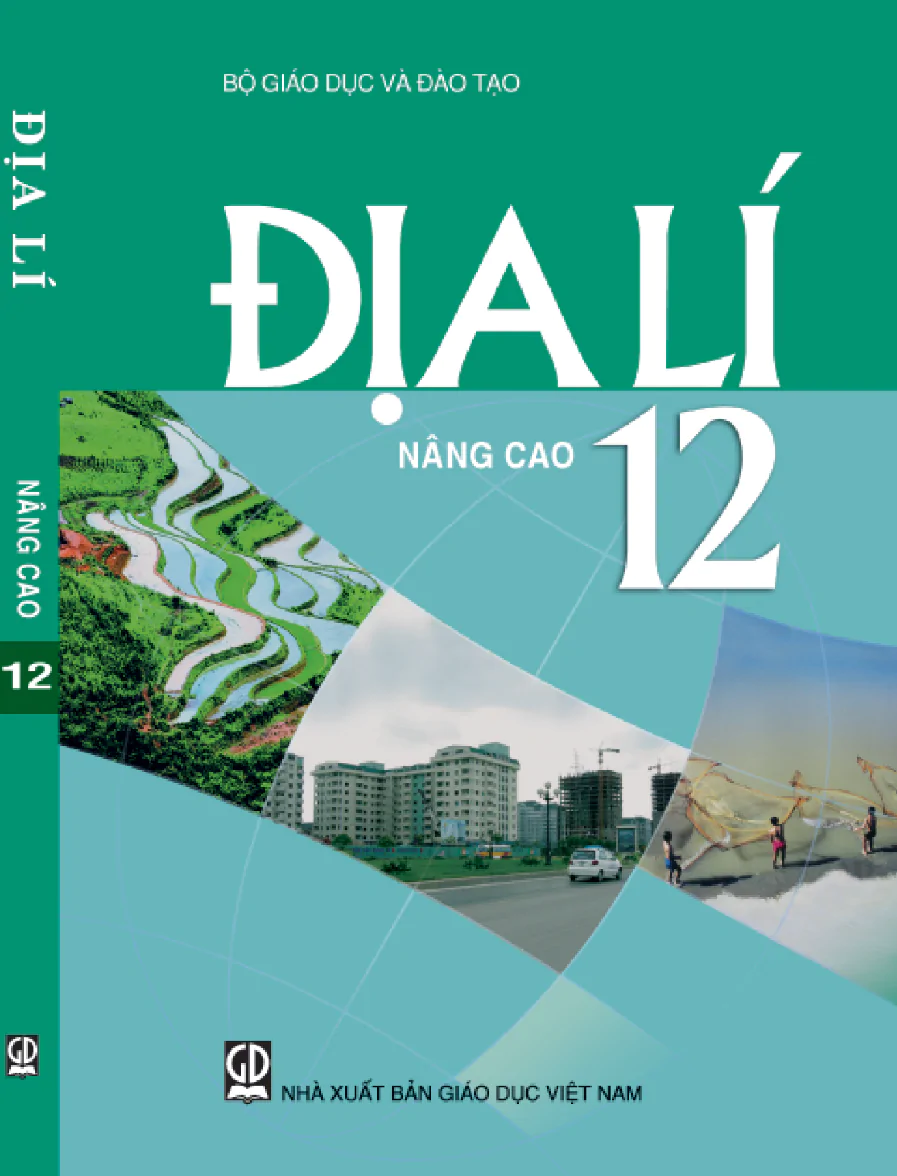
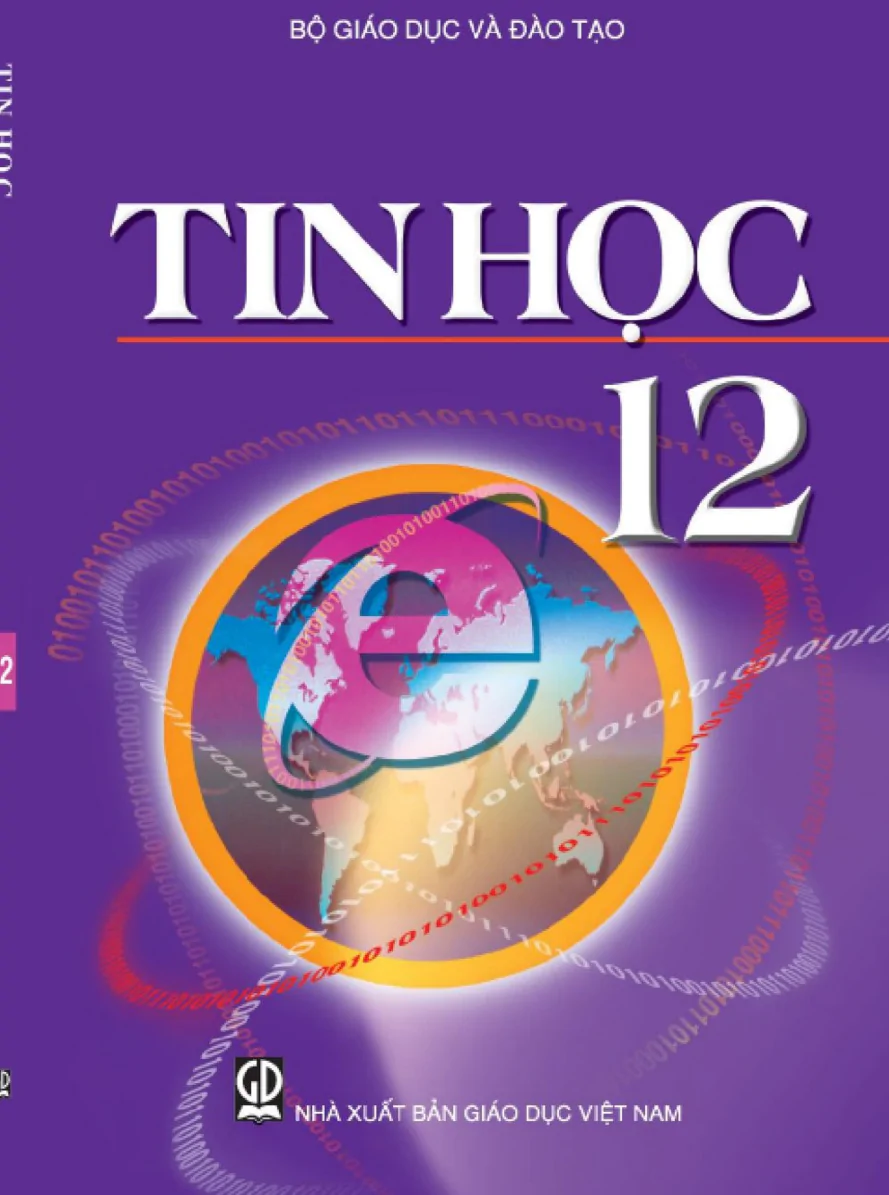
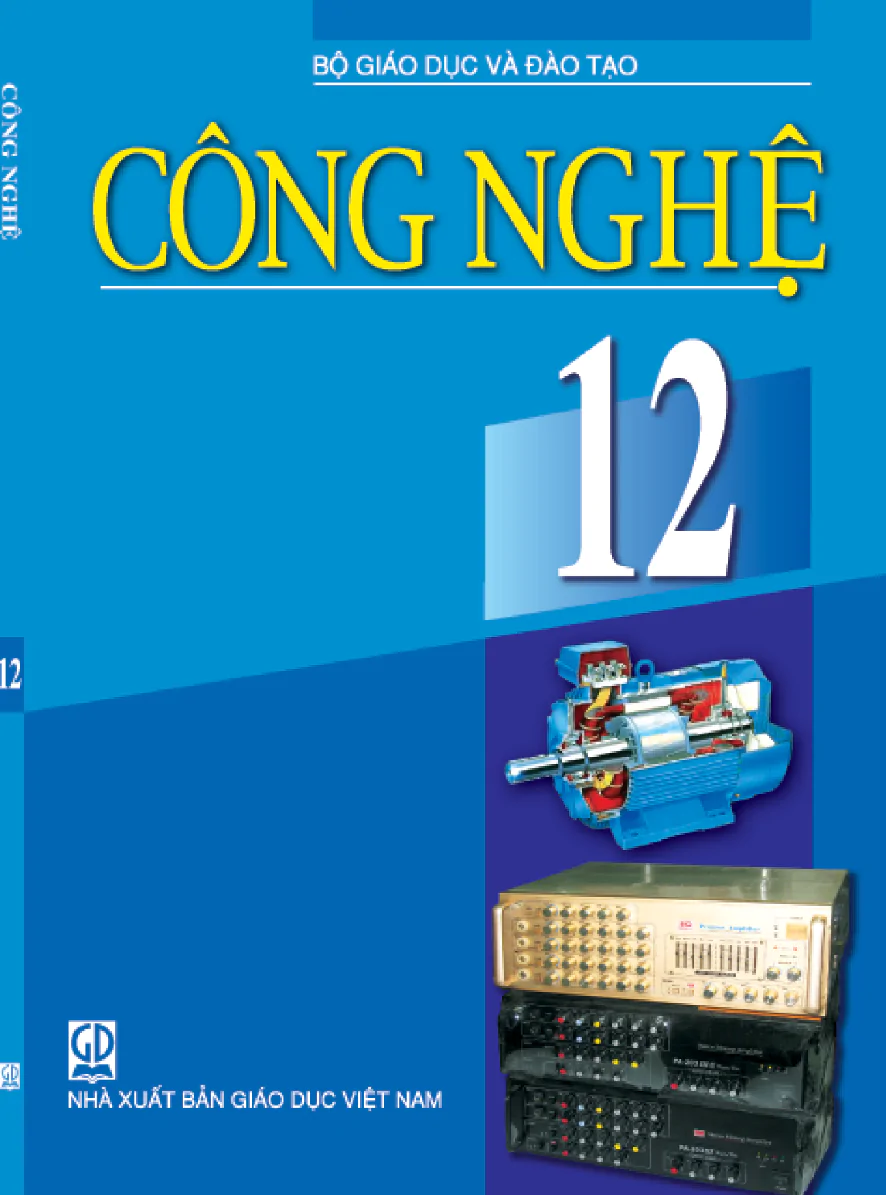
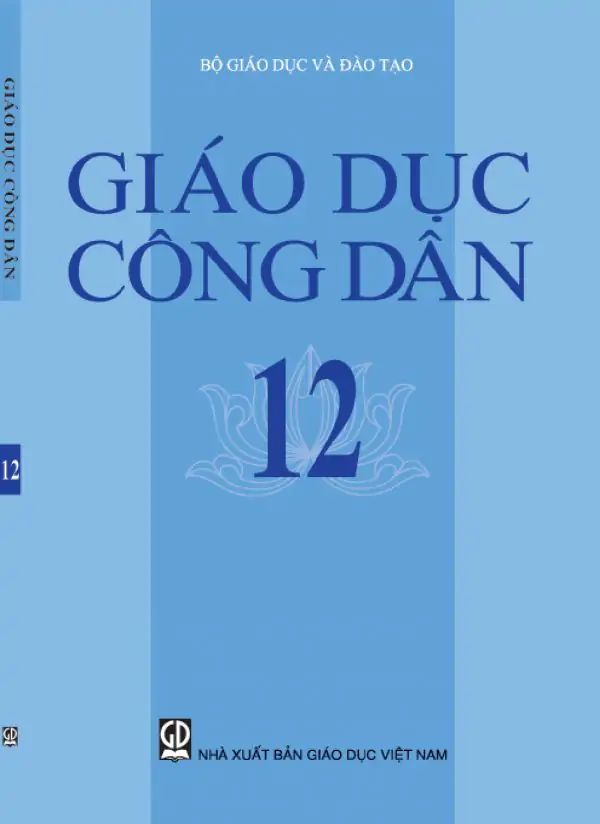
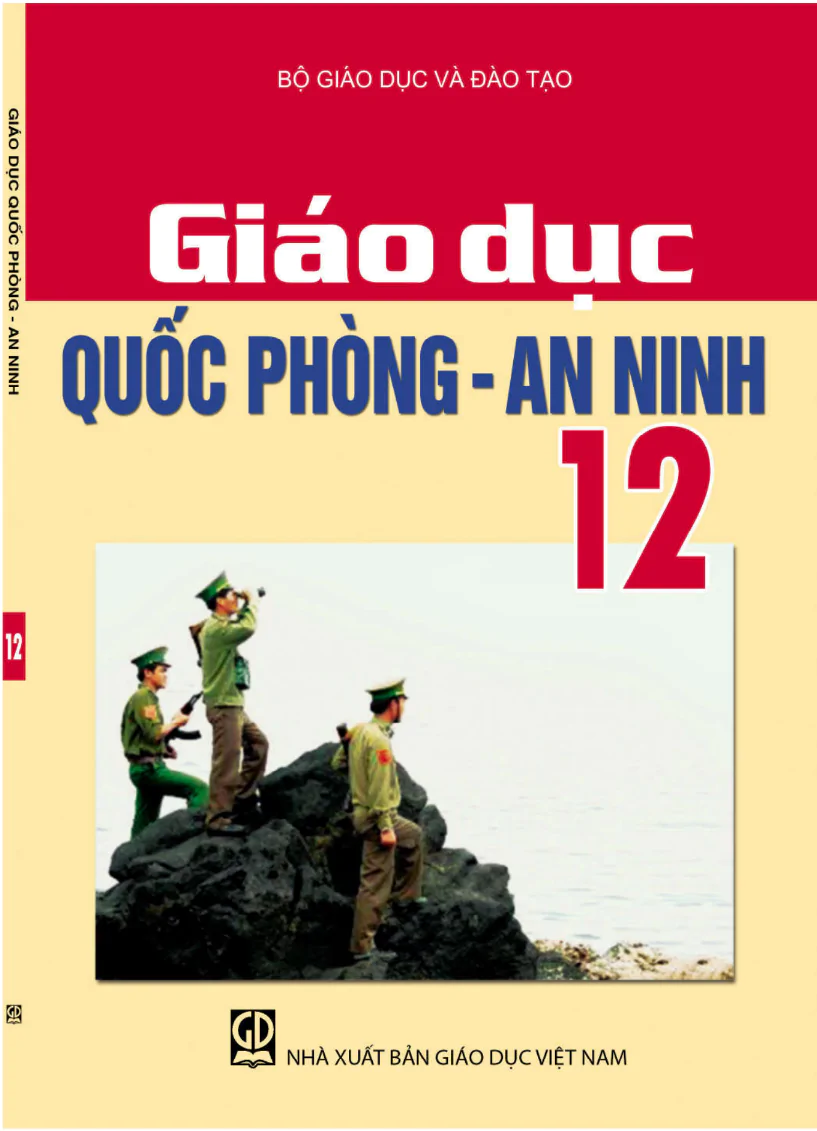

















Bình Luận
Để Lại Bình Luận Của Bạn